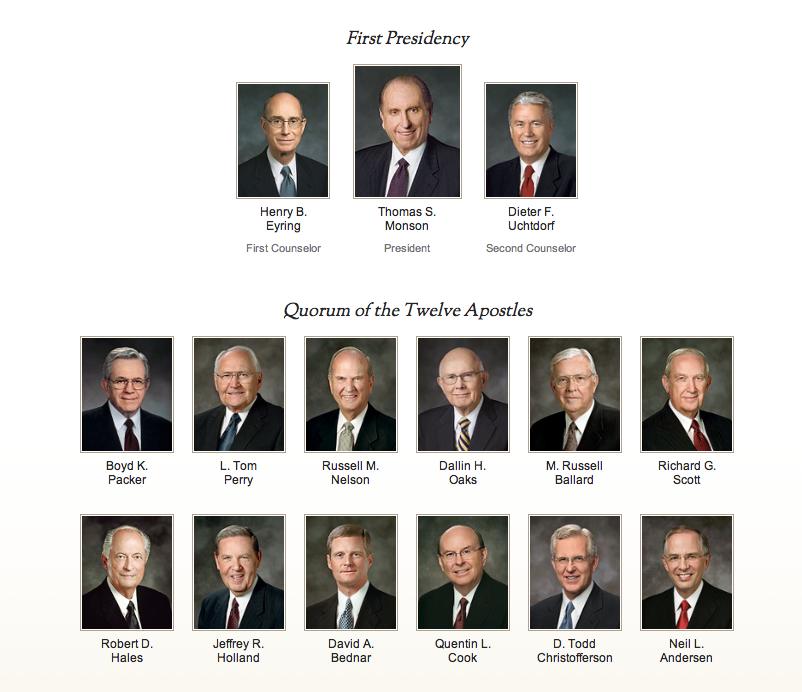- As you study the following verses, make a list of what the
Savior taught about (1) what the Holy Ghost does and (2) what disciples
must do to receive the Holy Ghost:
- John 14:15–17 : 1) The Holy Ghost will abide with us and be a comforter. He
will be the spirit of truth. 2)Keep the commandments
- John 14:26–27: 1) The spirit will teach all things and bring things to
remembrance. Peace will be given to us. 2) Don’t be afraid and don’t let
your heart be troubled.
- John 15:26–27 : 1) The spirit of truth and testify of the Father. 2) We
will bear witness of the Father.
- John 16:7–8 : 1) The Holy Ghost will reprove the world of sin, and
of righteousness, and of judgment. 2) We must live worthy
- John 16:13–14 : 1) The Holy Ghost will guide us in all truth and
shall glorify the lord. 2) We must do the work for him to testify of
truth.
·
Add
to your list above as you study the following resources:
- Institute student
manual Points to Ponder, “The Holy Ghost Brings Man to His Fullest
Potential” (p. 168) Makes us a better person
spiritually, intellectually, and physically and opens us to the pure love
of Christ.
- Institute student manual Points to
Ponder, “As a Messenger of the Godhead, the Holy Ghost Teaches Faithful
Members” (p. 168) Instructs and enlightens the minds of
the faithful and bears witness.
- Bible Dictionary, “Holy Ghost” (p. 704) Bears testimony of Jesus Christ and of his work and
the work of his servants here on earth.
·
Review your list of what the Holy Ghost does.
Then write responses to the following tasks:
- Describe
how the Holy Ghost helped the Apostles fulfill their missions after the
Savior’s death and resurrection. The Holy Ghost helped the apostles fulfill their
missions after the savior’s death by administering to them the things
that they should do to bring the gospel to all the children of men. The
same way he does for our prophets and apostles today. He is their
constant companion and bears witness to the mysteries of the gospel so
that we are taught correctly.
- Write
a paragraph about a time when the Holy Ghost blessed you in one of the
ways you listed above. Give an example of how the Holy Ghost has inspired
you. The Holy Ghost has
provided me with comfort many times. One time in particular I was really
struggling and feeling alone. I had just started my first semester at
college and was feeling overwhelmed. When I knelt down to pray I was
pouring out my feelings. I had prayed asking to be comforted. Instantly I
felt like I was being hugged. I knew that it was an answer to my prayer.




